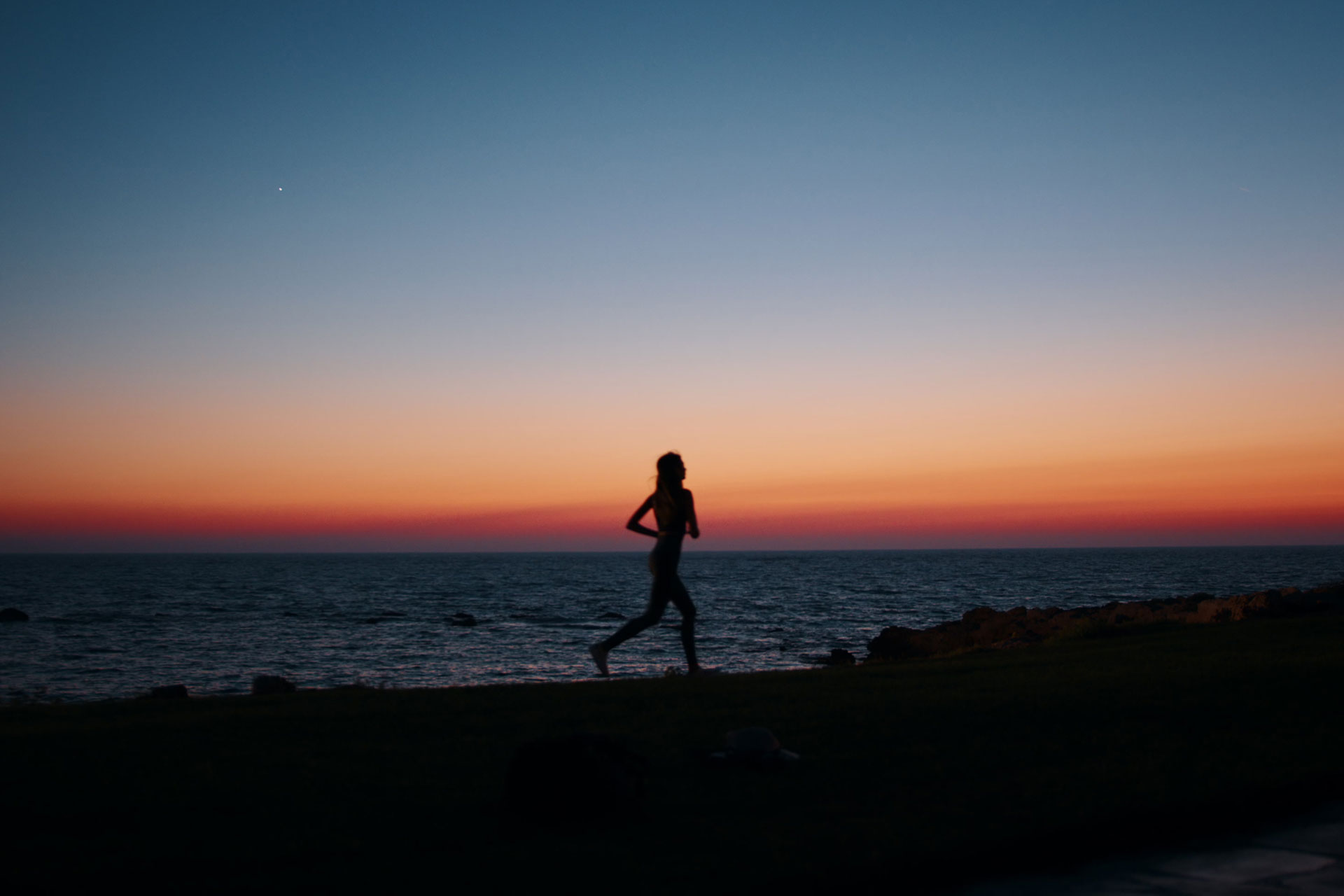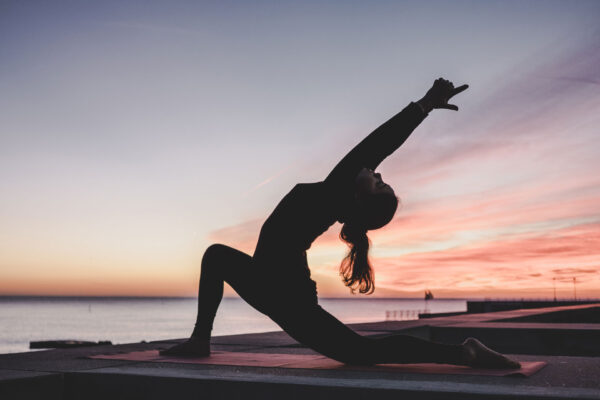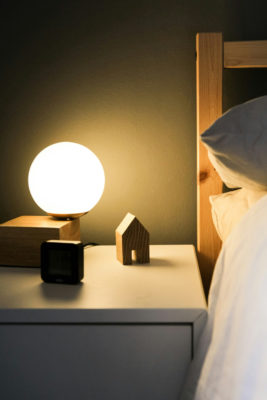Can Exercising In The Evening Help You Sleep?
By
9 months ago
The pros and cons of late-night workouts

Exercise has long been associated with better sleep. It helps relieve stress, releases endorphins and resets your circadian clock, which all help promote longer and better quality shuteye. But how important is the time of day? Do morning workouts encourage better sleep than exercising in the evening? And is it true that working out too close to bedtime could actually have a negative effect? In short: it depends on what type of exercise you’re doing. We delve into the science below.
Evening Exercise: How Does It Affect Sleep?
While historically, some sleep experts have advised against exercising at night, recent research suggests otherwise. There’s plenty of evidence to suggest that moderate exercise, such as brisk walking, jogging, cycling, yoga or weight training, can actually help you sleep better.
Most recently, a study published in the BMJ Open Sport & Exercise Medicine found that short bursts of light activity can extend sleep by as much as 30 minutes.
‘We know that for many of us, our longest uninterrupted sitting happens at home in the evening. In our previous studies we have found that getting up and doing two to three minutes of exercise every 30 minutes reduces the amount of sugar and fat in your bloodstream after a meal,’ Jennifer Gale, lead author of the study, said. ‘However, many sleep guidelines tell us we shouldn’t do longer bouts or higher intensity exercise in the hours before sleep, so we wanted to know what would happen if you did very short bouts of light intensity activity repeatedly throughout the evening.’
Participants in the study slept for longer after performing intervals of exercises like chair squats, calf raises and standing knee raises in the evening, compared to evenings which they spend predominantly sitting down. Gale said: ‘These simple, bodyweight exercises were chosen because they don’t require equipment, or a lot of space and you can do them without interrupting the TV show you are watching. From what we know from other studies, you could probably get a similar effect if you walked around your house, marched on the spot, or even danced in your living room.’

(c) Gregory Pappas, Unsplash
Similarly, a study from 2018 published in Sports Medicine found that moderate exercise in the evening can increase slow-wave sleep – the deepest stage in your cycle. After reviewing 23 studies, researchers concluded that those who did evening exercise fell asleep quicker, and spent more time in good-quality sleep than those who did not.
However, it also found that those who did high-intensity exercise – such as HIIT training or heavy weight lifting – less than an hour before bed took longer to fall asleep and had poorer sleep quality. This may because vigorous exercise can leave you feeling energised and stimulated, as well as raising your heart rate, body temperature and adrenaline levels.
If you’re partial to an evening sweat, then, the key is to avoid anything too intense, too near to bedtime. That doesn’t mean you should categorically avoid spinning classes in the evenings, rather ensure you have a few hours to unwind afterwards (some experts recommend at least two to four hours).
Ultimately, everyone is different, and there is no ‘magic hour’ for fitness. And, as the National Sleep Foundation notes, your nighttime routine plays a crucial role in the quality of your sleep – it suggests sticking to consistent bedtimes, dimming bright lights at night and creating a relaxing environment.









